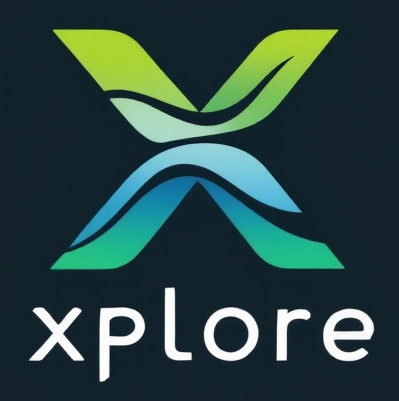In the competitive world of tourism, standing out online isn’t just about beautiful photos or catchy descriptions. To truly drive bookings, your website needs to be easily understood by both search engines and AI-powered travel assistants. That’s where schema markup becomes your secret weapon.
What is Schema Markup?
Schema markup is a form of structured data added to your website’s code. It helps search engines and AI tools interpret your content—such as your tours, accommodations, events, and reviews—far more accurately. Think of schema as a digital guidebook that tells Google and AI assistants exactly what you offer, when, and why travelers should choose you.
Why Schema Matters for Tourism Websites
1. Enhanced Search Visibility = More Bookings
- Rich Snippets: Schema enables special features in search results, like star ratings, pricing, availability, and event dates. These make your listings stand out and give travelers more reasons to click—and book.
- Featured Snippets & Knowledge Panels: With the right schema, your business can appear in Google’s “Things to do,” travel panels, and even as direct answers to travel-related questions.
2. AI-Powered Booking Assistants
- Voice Search & Smart Assistants: More travelers use voice search (“Hey Google, find tours in Miami”) and AI travel planners. These tools rely on structured data to recommend businesses and even facilitate direct bookings.
- LLM Reasoning Models: Advanced AI, like Google’s Mixture of Experts, breaks down user questions and looks for authoritative, schema-rich sites for answers—meaning your tours and availability get surfaced to ready-to-book travelers.
3. Increased Trust and Credibility
- Reviews & Ratings: Schema displays customer feedback directly in search results, building trust with potential guests before they even visit your site.
- Verified Information: Accurate, up-to-date schema signals professionalism, which is crucial for travelers making booking decisions.
Essential Schema Types for Tourism Businesses
Not all schema is created equal. Here’s what every tourism website should prioritize:
- LocalBusiness or TouristAttraction: Name, logo, address, geo-coordinates, contact info—essential for maps, local search, and “near me” queries.
- Event: Dates, locations, ticket info for tours, excursions, or local happenings.
- Product/Offer: Pricing, availability, and booking options for rooms, tours, or packages.
- Review & AggregateRating: Customer testimonials and star ratings.
- FAQ: Answers to common traveler questions (e.g., cancellation policy, accessibility).
- ImageGallery: Showcase experiences and accommodations visually—schema can help these appear in Google Images and travel panels.
Real-World Booking Boost: Schema in Action
A boutique hotel in Florida implemented LocalBusiness, Offer, and Review schema. The result? Their Google listing began displaying real-time rates, availability, and guest ratings—leading to a 30% increase in direct bookings from organic search within three months.
Similarly, a tour operator added Event schema for seasonal excursions. Their events began appearing in Google’s “Events” panel, driving a surge in last-minute bookings.
Edge Cases & Common Pitfalls for Tourism Sites
- Outdated Info: Always keep schema data (like availability, prices, and event dates) up to date to avoid traveler frustration and lost bookings.
- Over-markup: Only mark up what’s truly on your page; avoid “stuffing” schema with unrelated info.
- Missing Booking Links: Schema should include direct booking URLs—don’t make users hunt for how to reserve.
How to Implement Schema for Tourism Success
- Audit Your Site: Use Google’s Rich Results Test to see what schema you already have—and what’s missing.
- Prioritize Booking Pages: Add schema to your main booking, tour, and event pages first.
- Use JSON-LD Format: Preferred by Google for its flexibility and ease of use.
- Leverage Booking Engines: Many booking platforms (like FareHarbor, Checkfront, or your hotel PMS) offer built-in schema—make sure it’s enabled and accurate.
- Monitor & Update: Regularly check Google Search Console for errors and update schema as your offerings change.
The Bottom Line
For tourism businesses, schema isn’t just a technical detail—it’s a direct path to more bookings. By making your site easy for AI and search engines to understand, you increase your chances of being discovered, trusted, and chosen by travelers.
Action Step:
Audit your tourism website’s schema today. Focus on your main booking and event pages, ensure all info is current, and watch your direct bookings grow.
Need help implementing or optimizing schema for your tourism website? Xplore Digital Media specializes in technical SEO and AI-driven booking optimization. Let’s make your destination the traveler’s top choice—online and off.
Want tailored advice for your specific tourism niche—hotels, tours, attractions, or events? Let us know!






